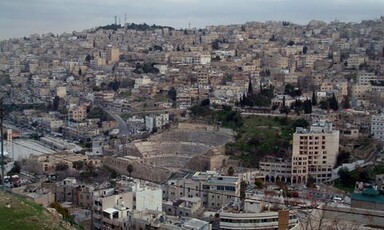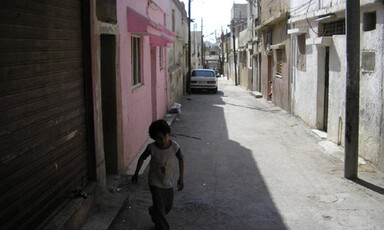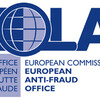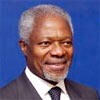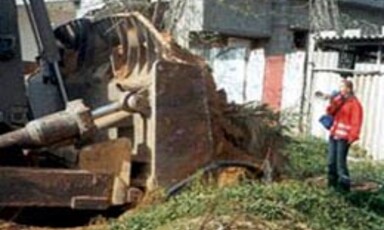
The passionate minority and the silenced majority
22 March 2005
“It’s a safe bet that not even a fraction of those who recognize Terri Schiavo’s name and vacant face would know who Rachel Corrie is, what she stood for, or how she was mowed down by a US-supplied armored D9 Caterpillar bulldozer in Gaza while she and others bravely confronted the Israeli army. Unarmed with anything but a megaphone and her convictions, Rachel was crushed with all the impunity and inhumanity that her killers could muster. Rachel Corrie’s story - shocking, stirring, incredible - is just as heartbreaking as Schiavo’s.” EI co-founder Laurie King-Irani examines troubling deficiencies in the Republican party’s “culture of life” campaign. Read more about The passionate minority and the silenced majority

